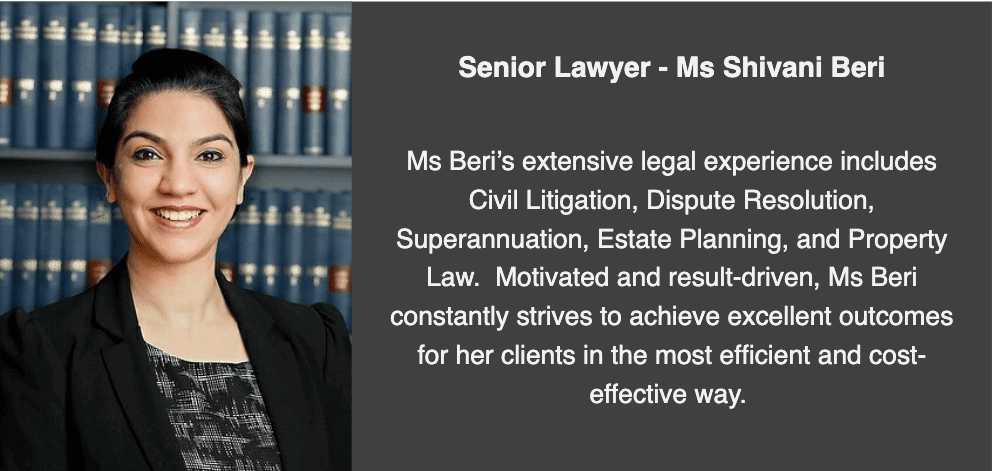Subsequent Offences for Driving Without a License
There are serious consequences for driving without a license in Western Australia as it is an offence under the Road Traffic Act 1974 (WA). Section 49 of this Act, “No Authority to Drive”, outlines the provisions of the many forms that this offence can occur.
What constitutes a No Authority to Drive charge?
An unlicensed driver can be charged with No Authority to Drive whether you have never had a license, are currently disqualified from driving for any reason for a period of time or have been banned from driving and had your licensed cancelled.
Section 49 of the Road Traffic Act is more complicated than it may seem at first glance. It outlines the many ways in which an unlicensed driver can be charged with the offence for driving without a license, and sets out the mandatory penalty ranges that apply in each case, but also takes into account differing penalties (including possible prison sentences) for repeat offenders. There are even mandatory sentencing provisions that require that an offender serve an immediate prison sentence if they get caught driving when they should not be in certain contexts, so proper knowledge of the Act and the penalties that apply is very important.
One important distinction that is made in the penalty provisions of the Road Traffic Act is the difference between a first-time offender, a repeat offender and a subsequent offence. Whilst it may seem obvious what the first 2 are, it is really when someone commits a subsequent offence (a third offence or more) under this section that the penalties considered by the court are likely to include a term of imprisonment.
You can also have your car impounded for no license.
An experienced traffic lawyer can provide you with effective advice on how to deal with this sort of situation.
What are the possible consequences of a subsequent offence?
Depending on the circumstance in which an unlicensed driver is caught, the penalties vary, however, for subsequent offences the penalties of section 49 of the Road Traffic Act can often include up to a 3 year ban from driving, a fine of $4,000 or 18 months imprisonment.
There is a real risk of imprisonment term for driving without license.
What can you do if you are charged with No Authority to Drive?
If caught as an unlicensed driver, you must understand that this charge is very serious and the courts know this. It is vitally important to get professional legal advice and representation from experienced traffic lawyers before you appear in court, especially if this is not the first time you have been charged for driving without license.
What can you expect from an experienced traffic lawyer?
An effective and experience traffic lawyer will:
- Always, first fully examine of your situation (including all material facts giving rise to and circumstances surrounding the charge;
- Determine the likely and realistic consequences the charge will have on you;
- Understand your personal circumstance and provide you with effective options on defending you or mitigating your situation;
- Undertak effective communication and negotiation with Police Prosecution;
- Obtain useful character references; and
- All importantly, professional and effective representation in court to defend you and present your best possible case
For more information, please contact the writer, Mr Adam Ward, Associate Lawyer, at TANG LAW at 9328 7525 or [email protected].
#Traffic Offences for Driving Without a License #Criminal Law
About Writer
Adam Ward was admitted into the legal profession in the Supreme Court of Western Australia in 2015 and joined Tang Law in May 2019. Mr Ward is an experience Criminal and Traffic Lawyer with extensive experience in representing clients in Courts on all issues relating to Traffic Law, Criminal Law, and Criminal Injury Compensation.








